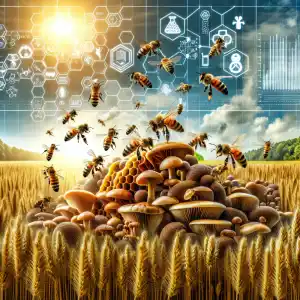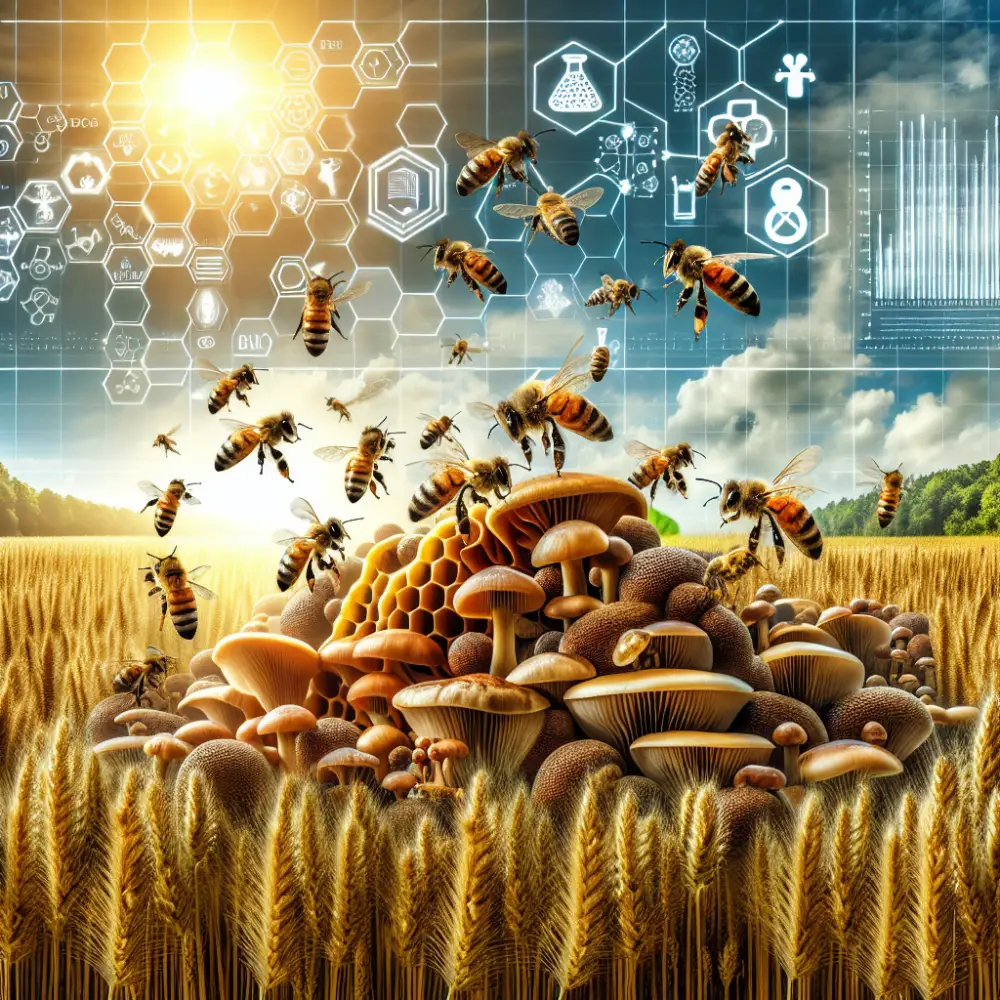Innovative Fungal Solution to Combat Varroa Mite Threat


$2.2M Project Backs Nature’s Weapon to Protect Bees from Varroa Mite
Macquarie University is leading a groundbreaking $2.2 million research initiative aimed at developing Australia’s first natural weapon against *Varroa destructor*, a parasitic mite that threatens honeybee populations and the broader agricultural industry. The five-year project, funded by Hort Innovation, seeks to create a fungal-based control method that reduces reliance on chemical treatments while lowering costs for beekeepers.
The project’s Chief Investigator, Associate Professor Fleur Ponton from Macquarie University’s School of Natural Sciences, emphasized the potential transformative impact on pest management within Australia’s beekeeping industry.
“Varroa mites are an invasive pest affecting honeybee colonies worldwide, and chemical treatments—while commonly used—pose risks of harming bees and contaminating honey. Additionally, mites are developing resistance, making these treatments less effective,” said Associate Professor Ponton.
“Our goal is to introduce a safe, cost-effective biological control method that works in harmony with nature, preserving bee health while effectively managing the pest.”
This ambitious project brings together experts from Macquarie University, the NSW Department of Primary Industries, Southern Cross University, and Myco-vation Research. Their collective efforts will focus on protecting an industry valued at up to $1.31 billion in Australia alone.
The research will explore naturally occurring fungi, such as *Beauveria bassiana* and *Metarhizium anisopliae*, which have shown the ability to kill varroa mites without harming honeybees. These fungi are particularly promising because they can withstand the high temperatures inside beehives, ensuring effective pest control without disrupting colony health or honey production.
“The project will carefully evaluate how these heat-resistant fungi can be used to selectively target varroa mites while safeguarding bee populations,” Associate Professor Ponton added.
Professor Samuel Muller, Executive Dean of the Faculty of Science and Engineering at Macquarie University, highlighted the significance of the initiative as a model for how research can provide practical, real-world benefits.
“This project exemplifies the power of collaboration between universities, government agencies, and industry partners. By addressing a major threat to Australian agriculture, we can secure the future of pollination, support farmers in maintaining high crop yields, and ensure consumers continue to enjoy high-quality, locally grown food,” Professor Muller said.
For students looking to contribute to innovative research projects like this and secure a bright future in environmental science, agriculture, or biotechnology, *mycoursefinder.com* offers expert guidance on study programs, visa applications, and migration pathways. With the support of *mycoursefinder.com* agents, students can access top universities and build a career in cutting-edge scientific research that makes a real-world impact.










